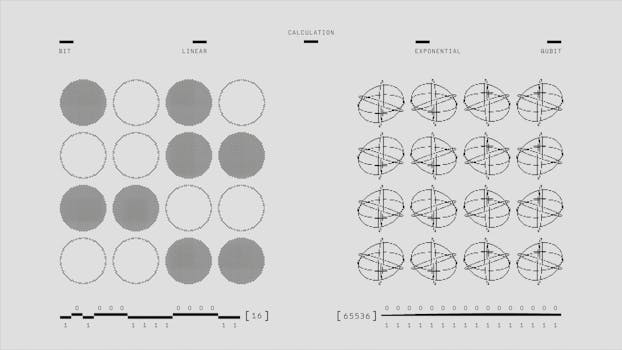
Understanding Quantum Mechanics and Its Implications for Reality
Introduction to Quantum Mechanics

Quantum mechanics is a branch of physics that studies the behavior of matter and energy at the smallest scales. Quantum mechanics has revolutionized our understanding of the physical world, from the structure of atoms and molecules to the behavior of subatomic particles. At its core, quantum mechanics is a theory that describes the probabilistic nature of physical phenomena, where the position, momentum, and energy of particles are uncertain and can only be described using probabilities.
The Principles of Quantum Mechanics

The principles of quantum mechanics are based on several key concepts, including wave-particle duality, uncertainty principle, and superposition. Wave-particle duality states that particles, such as electrons, can exhibit both wave-like and particle-like behavior depending on how they are observed. The uncertainty principle states that it is impossible to know certain properties of a particle, such as its position and momentum, simultaneously with infinite precision. Superposition states that a particle can exist in multiple states simultaneously, which is known as a quantum superposition.
Implications of Quantum Mechanics for Reality

The implications of quantum mechanics for our understanding of reality are profound. Quantum mechanics suggests that reality is fundamentally probabilistic, and that the act of observation itself can change the behavior of particles. This has led to the concept of the observer effect, where the observer plays a fundamental role in shaping reality. Additionally, quantum mechanics has implications for our understanding of time and space, suggesting that they are not fixed or absolute, but rather relative and flexible.
Quantum Mechanics and the Nature of Reality

Quantum mechanics has also led to a deeper understanding of the nature of reality. The concept of entanglement suggests that particles can become connected in such a way that the state of one particle is instantaneously affected by the state of the other, regardless of the distance between them. This has led to the concept of non-locality, where particles can be connected in a way that transcends space and time.
Conclusion

In conclusion, quantum mechanics is a complex and fascinating branch of physics that has revolutionized our understanding of the physical world. The implications of quantum mechanics for reality are profound, suggesting that reality is fundamentally probabilistic and that the act of observation itself can change the behavior of particles. As we continue to explore and understand the principles of quantum mechanics, we may uncover even more profound insights into the nature of reality itself.






